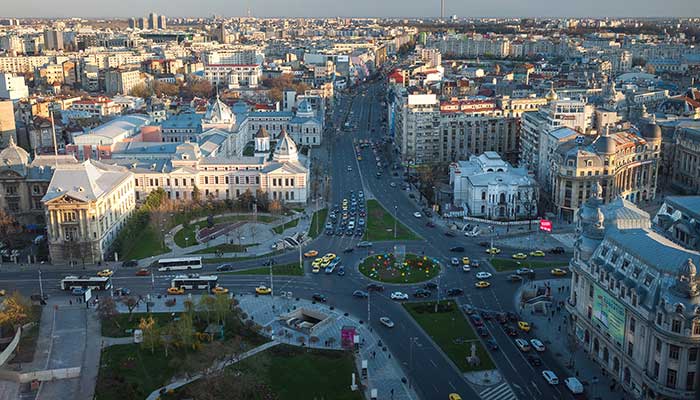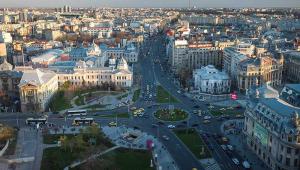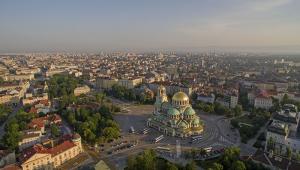web_bucharest_shutterstock_275913692.jpg

It is estimated that demonstrations topped 500,000 people in Bucharest, the capital of Romania, on Sunday night.
As many as half a million people are thought to have taken to the streets in the capital Bucharest alone over the weekend. This followed five days of demonstrations across the country to oppose the decree, which many saw as a step back towards the levels of corruption of Romania’s recent past.
The government repealed the decree. Our peaceful protests won! The power of the people is greater than the people in power!#romaniaprotest pic.twitter.com/5y1owYJK9s
— Ciobanu Gabriela (@GabrielaCiobanu) 5 February 2017
The govt decided to move law to reduce penalties to parl vote. Small victory of streets but laws still a threat. 300,000 out today #romania
— Claudia Ciobanu (@Claudia_Warsaw) 4 February 2017
The government said on Sunday it had withdrawn the controversial emergency order, which would have decriminalised some offences and seen many who had been prosecuted released from jail.
Romanian prime minister Sorin Grindeanu has now asked the justice minister to prepare a separate draft law that would enable the release of about 2,500 prisoners serving sentences of less than five years.
The draft law – unlike the executive order – will have to be debated and approved by the country’s parliament.
The government argued that this and the now dead decree were necessary to reduce overcrowding in prisons and bring penal law in line with the constitution.
However, critics saw the move as a brazen attempt to absolve many of the ruling Social Democrats’ (PSD) political allies, snared by a massive push from the country’s anti-corruption agency to clean up Romania in recent years.
Even after the decree had been repealed on Sunday, protestors took to the streets to form the largest demonstrations in the country since communist dictator Nicolae Ceaușescu was ousted in 1989.
They sang the national anthem and chanted for Grindeanu to resign, calling instead for more progress in cleaning up Romania, which remains one of the most corrupt countries in the European Union.
#Bucharest right now. Thousands chants of RESIGN and THIEVES protesters say they still don't trust the government. #romanianprotests pic.twitter.com/Dq451fzH85
— Hind Hassan (@HindHassanNews) 5 February 2017
'We don't trust you, we don't give in'
— Babken Matevosyan (@BabkenArm) 5 February 2017
Huge protests continue in #bucharest and all around #Romania
PM refuses to resign#rezist pic.twitter.com/VFEaWh3uiv
Grindeanu is resisting pressure to stand down and said he will only leave his post if subject to a vote of no confidence.
In recent years, an anti-corruption drive has seen Romania improve its score on Transparency International’s Corruptions Perceptions Index, overtaking countries like Greece and Italy, and winning the government praise from Europe’s leaders.
Monica Macovei, a Romanian MEP, stressed the country would not allow the government to “turn the clock of the fight against corruption back 10 years”.
In another statement, she added: “Romanians are tired of politicians coming to office just so they can help themselves and their political allies at the expense of the people they are supposed to serve.
“This is only going to damage Romania’s standing in Europe and the already weak perception of our political leaders’ commitment to fighting corruption.”












